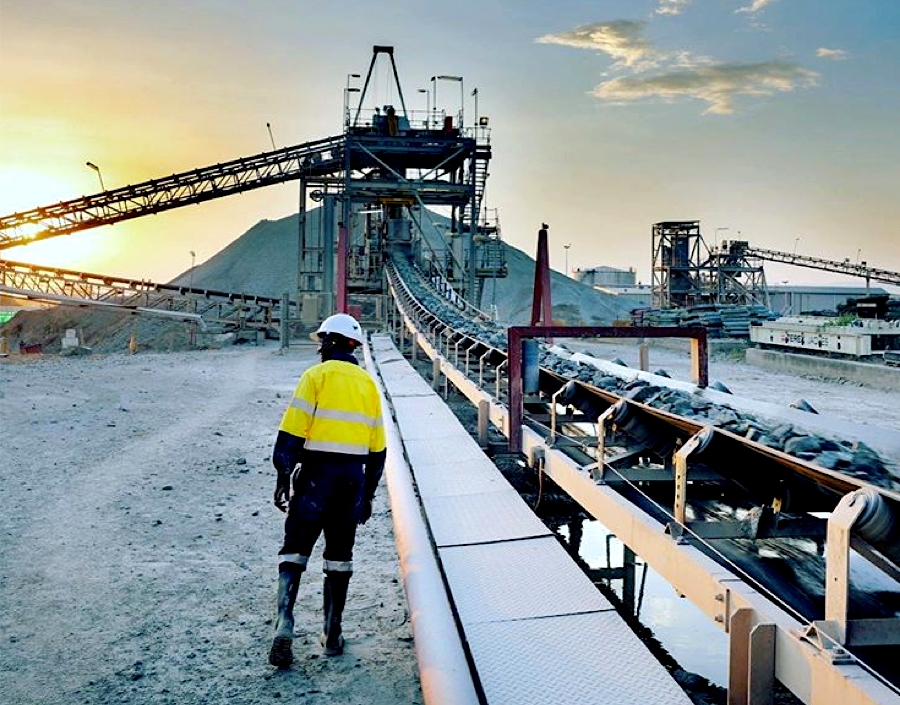Barrick raises dividend as profit soars on strong gold prices

Canadian miner Barrick Gold (TSX: ABX) (NYSE: GOLD) posted a near three-fold jump in quarterly adjusted profit on Thursday and increased its dividend, benefiting from a surge in gold prices fuelled by widespread coronavirus stimulus measures unveiled globally.
Higher prices of precious metals, including gold’s surge to a record high above $2,000 an ounce earlier this year, have offered miners a lifeline after the covid-19 pandemic disrupted supply chains and mining operations.
Barrick said average realized gold prices rose to $1,926 per ounce in the third quarter ended Sept. 30 from $1,476 per ounce a year earlier.
Higher prices of precious metals have offered miners a lifeline after the covid-19 pandemic disrupted supply chains and mining operations
However, gold production, as expected, fell to 1.16 million ounces from 1.3 million ounces as the miner’s Porgera project in Papua New Guinea remained shut during the period.
In a recent development, Papua New Guinea and Barrick agreed in principle over Porgera, with Barrick Niugini Ltd set to remain operator of the project.
Barrick declared a dividend of 9 cents per share, a 12.5% increase on the previous quarter’s dividend.
The Toronto-based company’s adjusted profit rose to $726 million, or 41 cents per share, in the third quarter, from $264 million, or 15 cents per share, a year earlier.
Mali
Barrick Gold does not see a big risk of Mali changing its mining conventions, its chief executive said, after Mali’s interim president said the country aimed to review mining contracts signed during previous administrations.
The country is one of Africa’s largest gold producers. Companies operating in the country include Barrick Gold Corp and AngloGold Ashanti and Resolute Mining.
“It’s acceptable that the new government would want to query any transactions that might have been done in the back end of the previous regime,” Chief Executive Mark Bristow told Reuters. “I don’t see it as a sinister situation at all.”
(By Arundhati Sarkar; Editing by Subhranshu Sahu)
{{ commodity.name }}
{{ post.title }}
{{ post.date }}




Comments